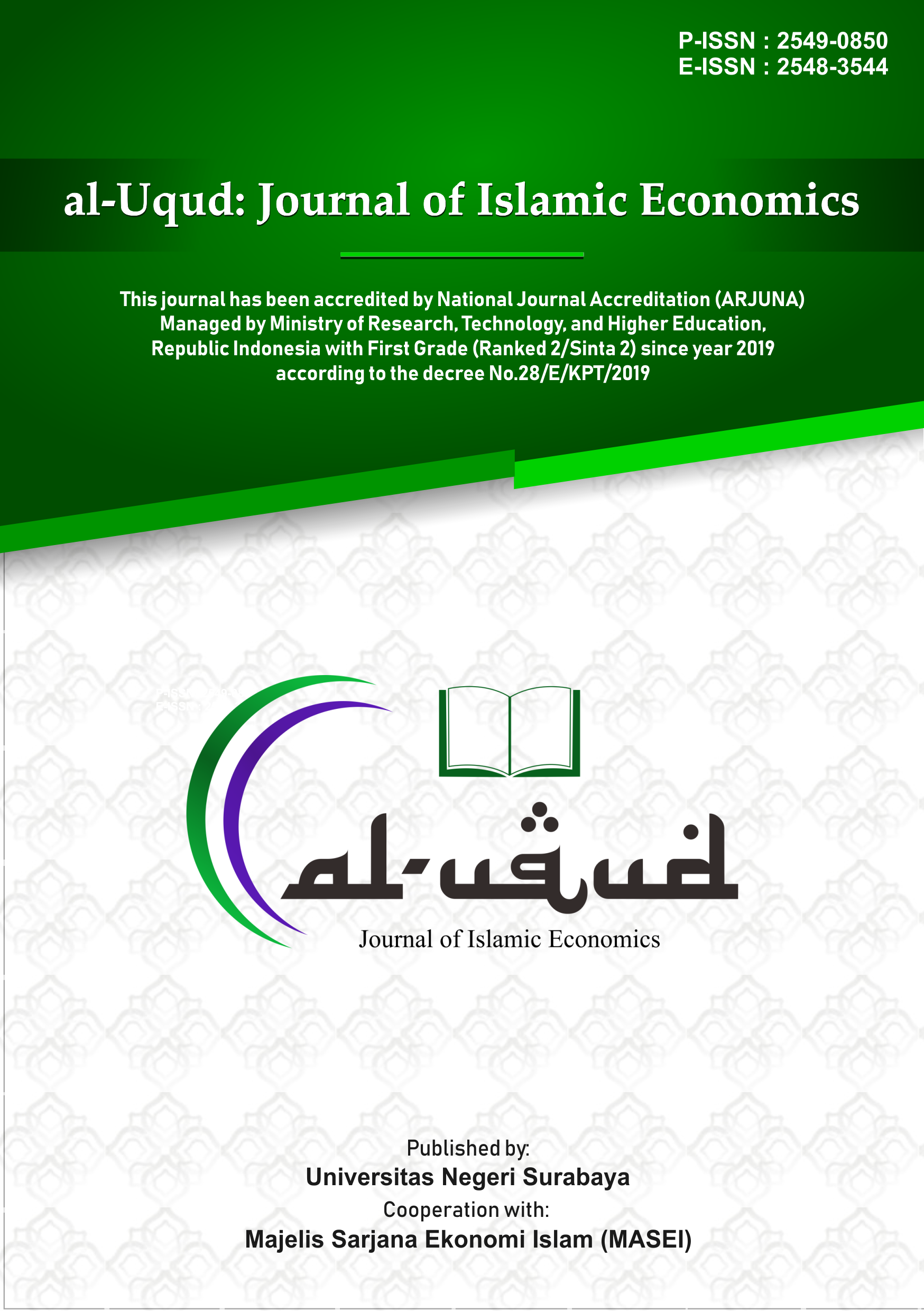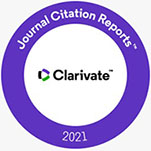Shopee seller marketing strategy in the perspective of Islamic marketing ethics
DOI:
https://doi.org/10.26740/aluqud.v7n2.p259-277Keywords:
E-commerce, Marketing strategy, Islamic marketing ethicsAbstract
This study aims to discuss the marketing strategies of Shopee sellers from the perspective of Islamic marketing ethics. This study uses descriptive qualitative research methods using primary data and secondary data. Data collection techniques are interviews, observations, and documentation conducted with 20 informants of 10 buyers and 10 sellers at Shopee. Promotions attract the attention of Generation Z are attractive product displays, discounts, free shipping, and viewing reviews or ratings of the products they want to buy. From the seller's side, in implementing their marketing strategy, they use the marketing mix concept, namely 4P (product, price, place, promotion), based on what Rasulullah SAW exemplified as a Muslim entrepreneur. That is, the business philosophy built by the owner is based on profit-oriented Sharia business and blessings. The Shopee sellers who became informants in this study were following the theories and concepts of Islamic marketing ethics and had implemented Islamic content consisting of three main things: first, the application of Islamic marketing characteristics; second, the application of Islamic business ethics; third, following the marketing practices of the Prophet Muhammad SAW based on the characteristics of the Prophet Muhammad, namely: Siddiq, Amanah, Fathanah, and Tabligh.
References
Alma, B., & Priansa, D. J. (2014). Manajemen Bisnis Syariah: Menanamkan Nilai dan Praktis Syariah dalam Bisnis Kontemporer. Alfabeta.
Antonio, M. . (2007). Muhammad SAW: The Super Leader Super Manager. Prophetic Leadership and Management Centre.
Anwar, R. (2020). 25 Rahasia Bisnis Laris Manis Ala Rasulullah. Araska Publisher.
Aprianto, I., Andriyansyah, M., Qodri, M., & Hariyanto, M. (2020). Etika & Konsep Manajemen Bisnis Islam. Deepublish.
Ayub, M. (2007). Understanding Islamic Finance. John Wiley & Sons Ltd.
Golam, M., & Shariful Haque, M. (2012). Behaving ethically: an essence of Islamic marketing system. European Journal of Business and Management, 4(16).
Iprice. (2021). Peta E-Commerce Indonesia 2021. Iprice. https://iprice.co.id/insights/mapofecommerce/
Kartajaya, H., & Sula, M. S. (2006). Syariah Marketing (2nd ed.). Mizan.
Lidwina, A. (2021a). Belanja di E-Commerce, Transaksi Paling Banyak Dilakukan Anak Muda | Databoks. KIC.
Lidwina, A. (2021b). Gaji Generasi Z dan Milenial Banyak Dibelanjakan di E-Commerce | Databoks. KIC.
Rivai, V. (2012). Islamic Marketing. Gramedia.
Yunarko, A. M. (2021). Transaksi e-commerce Meningkat Hingga Kuartal IV 2020, Tren e-commerce 2021 Diprediksi Tumbuh Positif | Jet Commerce. Jet Commerce; Jet Commerce.
Downloads
Published
How to Cite
Issue
Section
License

This work is licensed under a Creative Commons Attribution 4.0 International License.
CC BY 4.0 Abstract views: 489
,
Abstract views: 489
, PDF Downloads: 415
PDF Downloads: 415








